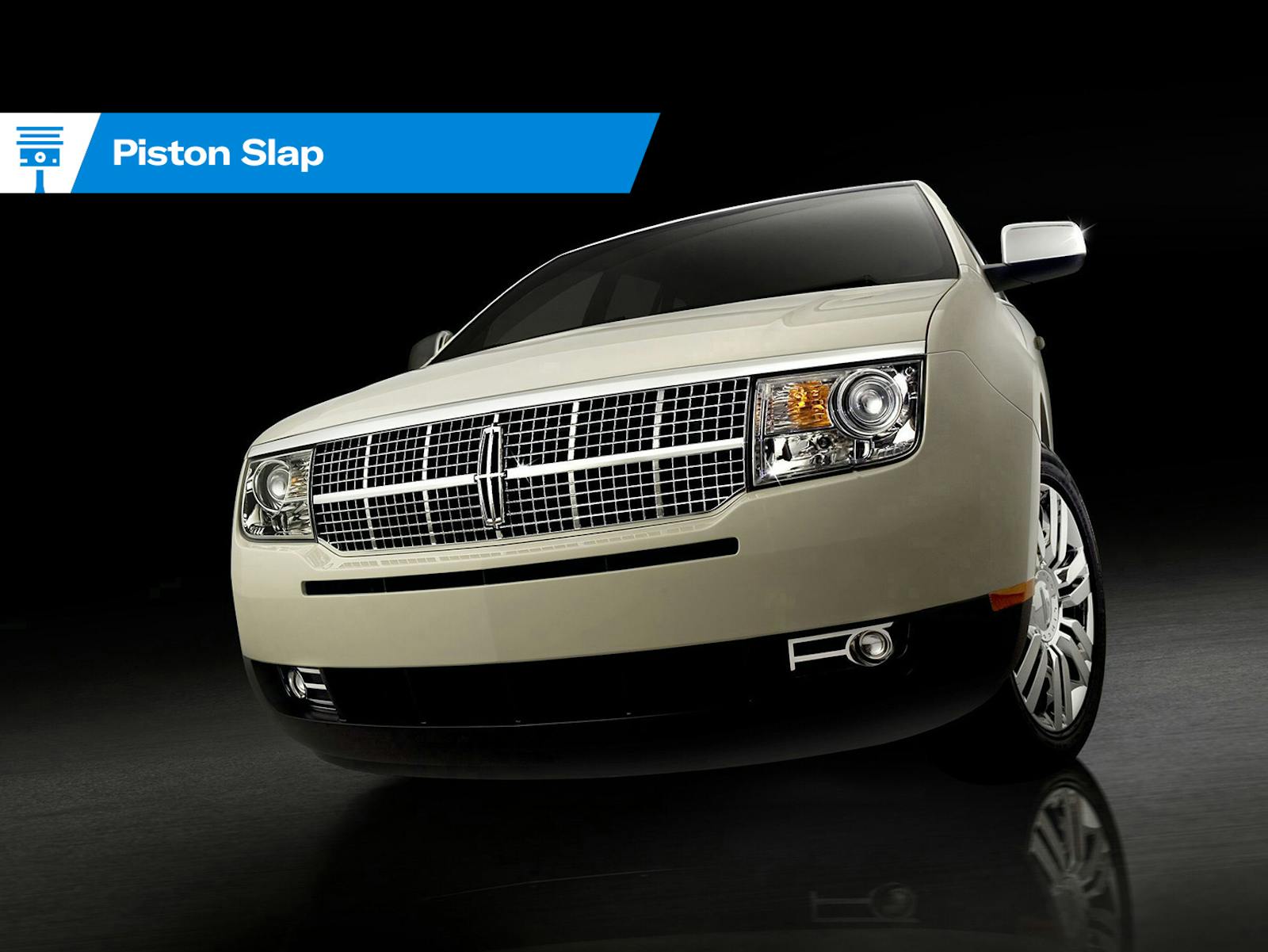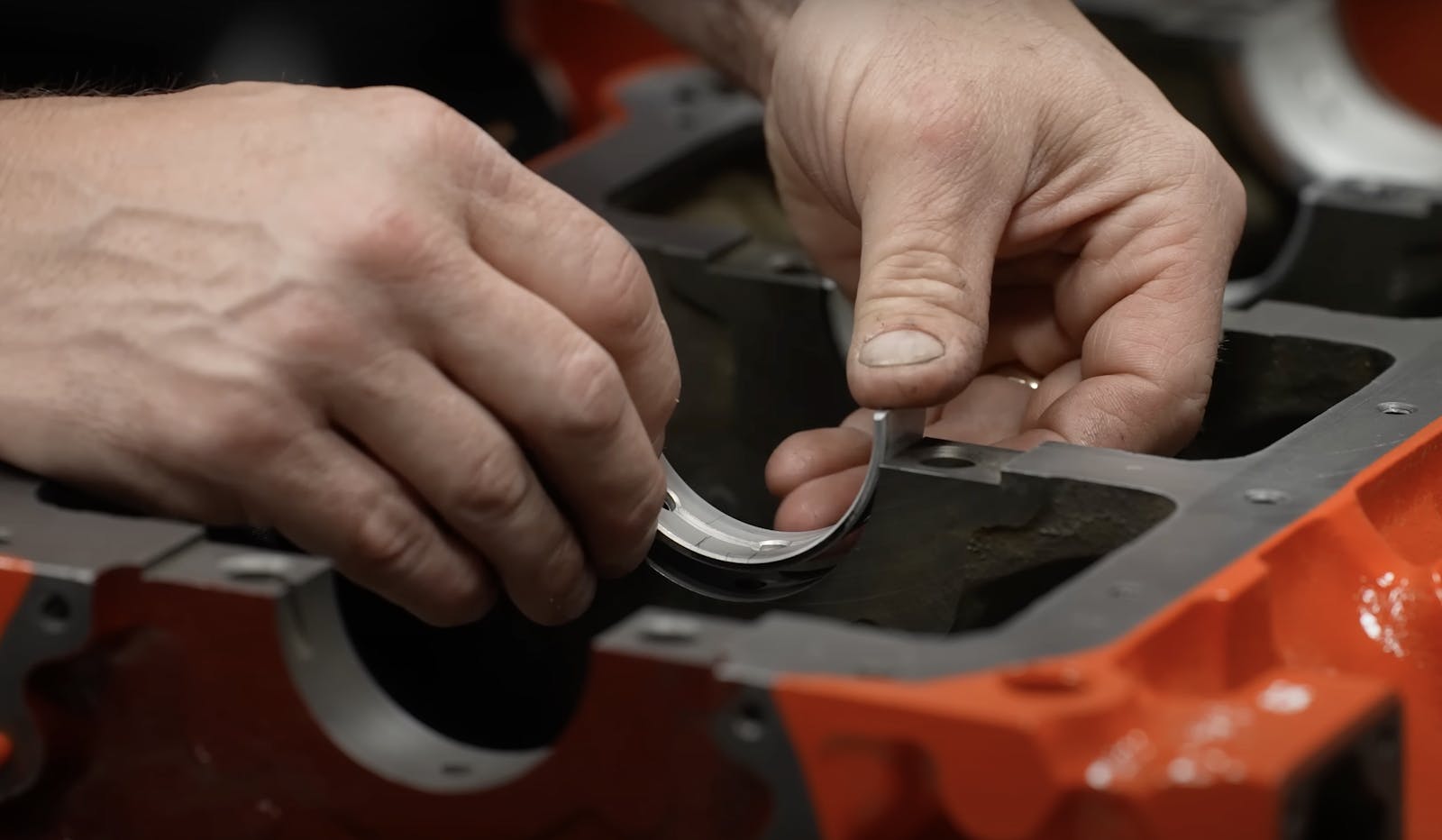The problem with electric cars? Energy density
The latest video from Engineering Explained tackles one of the biggest problems with electric cars—energy density. Using a gallon jug of water to represent the volume of a gallon of gasoline, Jason Fenske proceeds to lay out 12-ounce beverage cans to show how many current lithium-ion batteries it would take to match the gasoline’s energy content by volume. It’s an eye-opening 139 cans for 13 times as much volume. The cans also represent the fact that battery packs are made of hundreds or thousands of smaller individual cells that aren’t totally space-efficient. The more damning metric is weight, as lithium-ion batteries weigh 50 times as much as an equivalent amount of energy stored in gasoline.
The problem with this simple visualization is that it doesn’t account for efficiency. Gasoline engines are typically no more than 35-percent thermally efficient, meaning that 65 percent of the energy from combustion is lost to heat. In contrast, an electric motor’s efficiency can exceed 90 percent. That sort of discrepancy can tilt the scales back a bit in favor of electric passenger cars making practical sense, as Fenske explains with examples including the Hyundai Ioniq, Bugatti Chiron, Tesla Model 3, and Jeep Wrangler.
Things get really interesting when Fenske does the math as it applies to electric semi-trucks, with their huge frontal area and the tremendous rolling resistance that comes with their (up to) 80,000-pound weight. We won’t spoil the ending, but even using conservative figures that favor the truck, the size and weight of an all-electric semi powertrain are eye-opening. As usual, this Engineering Explained video is worth a watch.



Also, gas engine, transmission,. exhaust etc weigh more than electric motor, and didn’t account for transmission/drivetrain losses of gas drivetrain ..and most are at most 25% efficient. Prius can hit 40% but that’s rare and most gas vehicles aren’t a Prius.